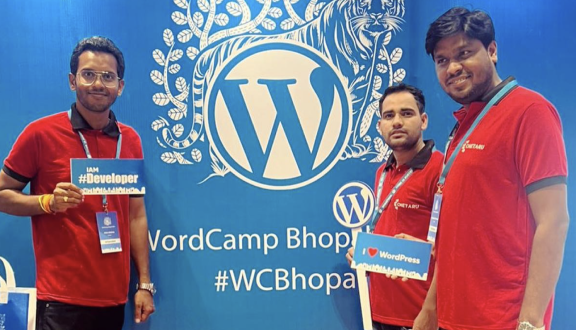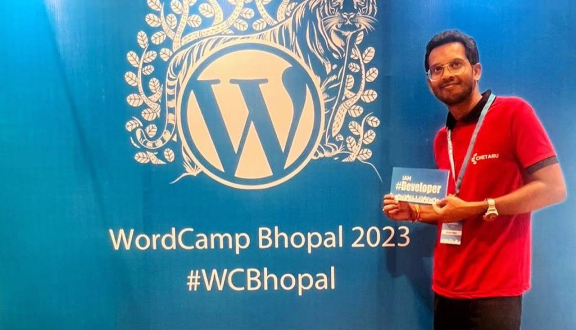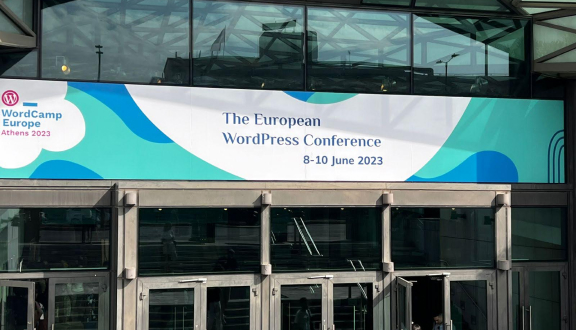If your PPC campaign isn’t performing well, several factors could be at play:
- Incorrect keyword selection: Choosing keywords that aren’t relevant to your target audience or that have high competition can lead to poor performance.
- Targeting the wrong audience: If your ads are being shown to people who aren’t interested in your products or services, you won’t see good results.
- Ineffective ad copy: Your ad copy may not be compelling enough to entice clicks or conversions.
- Landing page issues: Even if your ads are driving traffic, if your landing pages aren’t optimized for conversions, you won’t see good results.
- Poor campaign settings: Incorrect bidding strategies, ad scheduling, or targeting options can negatively impact campaign performance.
Addressing these issues by refining keyword selection, targeting the right audience, improving ad copy, optimizing landing pages, and adjusting campaign settings can help improve the performance of your PPC campaign. Let’s work together to address these PPC issues.
WordPress Web Design ServiceWordPress Sites Built Right
Custom Wordpress WebsiteTailored WordPress Websites for You
WooCommerce Web DesignEffective E-Commerce Design Solutions
Wordpress Maintenance ServiceKeep Your WordPress Running Smoothly
Wordpress Website RedesignRevamp Your WordPress Experience
Wordpress Migration ServiceSeamless WordPress Site Transfers
Speed Optimization ServiceBoost Your WordPress Performance
Hacked Site Repair ServicesRestore and Secure Your WordPress
Shopify Website DesignStylish and Functional Shopify Sites
Shopify Web Development ServicesCustom Shopify Development for Growth
Shopify Revamp ServicesRefresh Your Shopify Storefront
Shopify Support & MaintenanceOngoing Shopify Care and Support
Shopify MigrationEffortless Shopify Store Migration
Shopify B2B & WholesaleEmpowering Shopify for B2B Success
Shopify Speed OptimizationMaximize Your Shopify Store Speed
Shopify SEODrive Traffic with Shopify SEO
Webflow Web DesignCreative Webflow Designs That Convert
Custom Webflow DevelopmentTailored Webflow Development for Impact
Webflow Maintenance & SupportOngoing Webflow Support and Care
Webflow for ecommercePower Your E-Commerce with Webflow
Webflow Speed OptimizationBoost Your Webflow Site Speed
Webflow SEOOptimize Your Webflow for Search
















